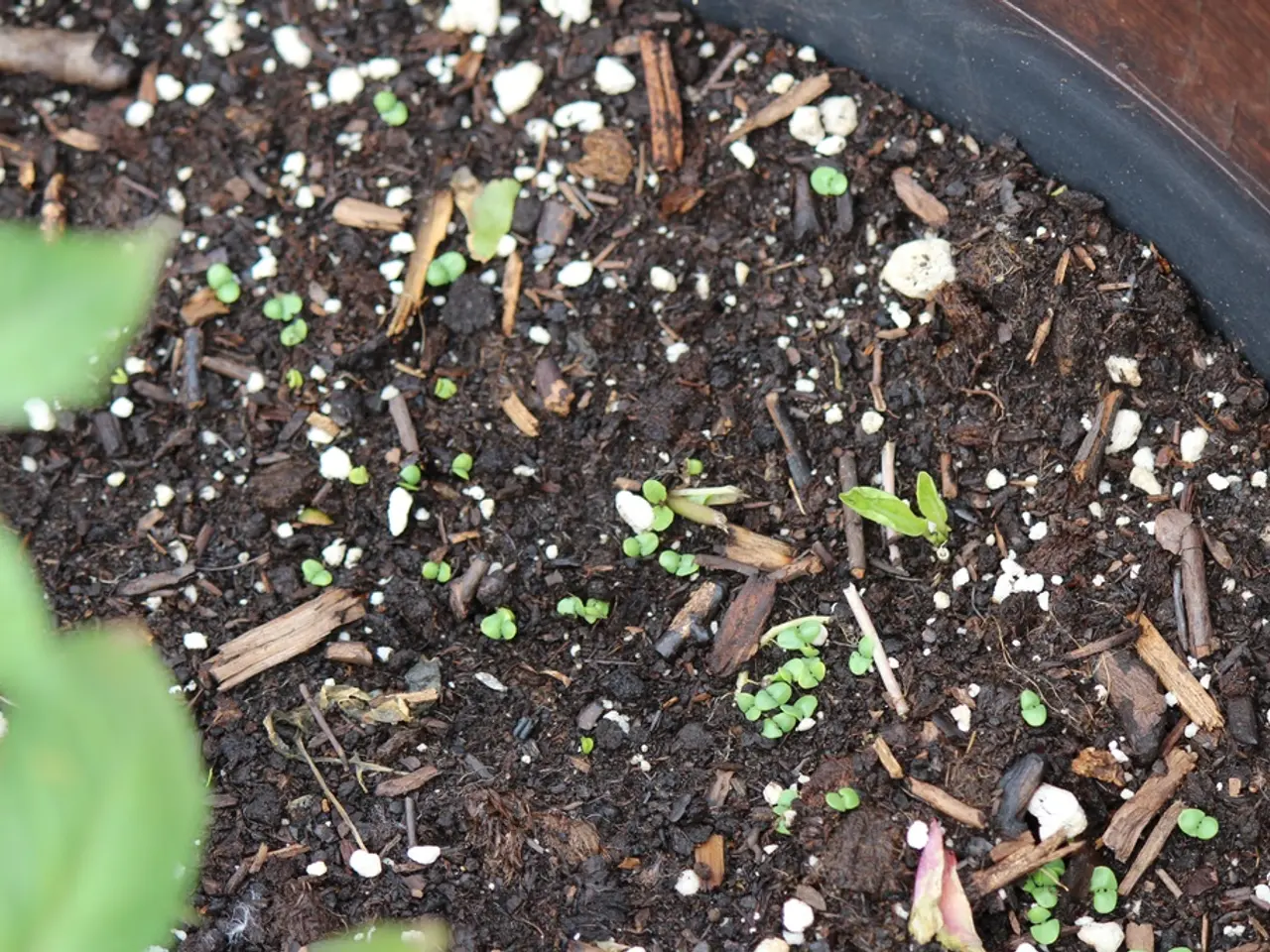Contamination of dioxin in Hamburg nature reserve now under cleanup process
The Boberger Dunes Nature Reserve in eastern Hamburg is set to undergo a significant transformation as soil contaminated with dioxins is scheduled for exchange in the fall of 2021. The contamination, believed to originate from the plant protection product production of a chemical company based in Moorfleet, has been a concern for environmentalists and locals alike.
The contaminated area, approximately 1.6 hectares in size, or roughly the size of two soccer fields, was discovered in a soil sample in 2018. Dioxins, usually unwanted byproducts of industrial combustion processes and household fires, are considered carcinogenic and can disrupt the development of unborn children and infants.
A bidding procedure for the remediation work is currently underway and is expected to be completed by the end of August 2021. The estimated cost of the dioxin remediation is around 8.5 million euros, with Boehringer Ingelheim, a pharmaceutical company, contributing 3.75 million euros towards the costs.
Soil exchange is considered the best solution for both humans and the environment by experts. The upper layer of soil will be removed first, followed by the excavation and disposal of several thousand cubic meters of subsoil. The soil will be completely renewed and replanted, with 900 oak trees planned.
The remediation is expected to last until the end of 2027. This multi-year project is necessary due to the complexity and toxicity of dioxins. Environmental implications usually include disturbance of local ecosystems during cleanup but aim to restore soil health and reduce risks to wildlife and humans.
An aerial photograph from 1962 suggests illegal industrial waste may have been dumped in the area, hinting at the potential history of contamination. The remediation is expected to start on November 1st, 2021, after which the area can be used again as a recreational area.
The toxins gained notoriety through the Seveso chemical accident in 1976. It is a relief for the community that measures are being taken to address the issue at the Boberger Dunes Nature Reserve. For precise and up-to-date details regarding the timeline, cost, and environmental impact of the soil remediation project, consulting official Hamburg environmental or nature reserve agency reports or announcements would be necessary.
Read also:
- Exploring Botox as a Treatment for Interstitial Cystitis: Insights, Adverse Effects, and Further Details
- Linking brain weakness and cognitive decline: An examination of the potential relationship
- Is it Possible that Stem Cells Improve Joint Durability and Mobility during Senior Years?
- Is a Measles Booster Vaccination Required? You Might Be Shocked by the Response





